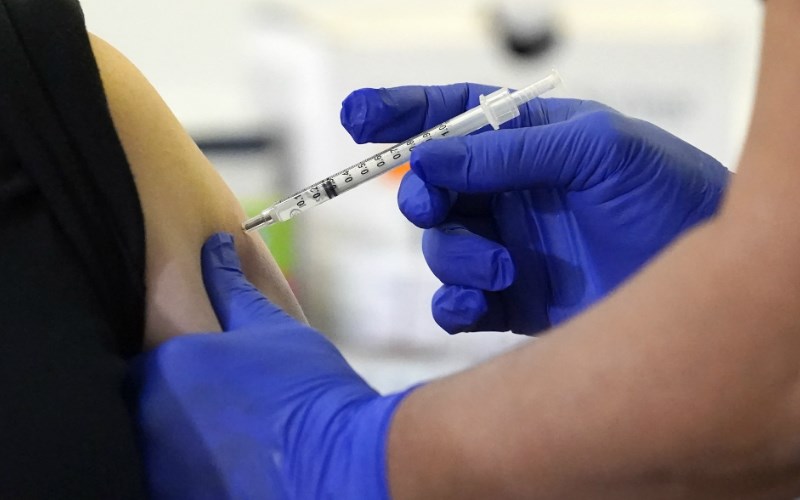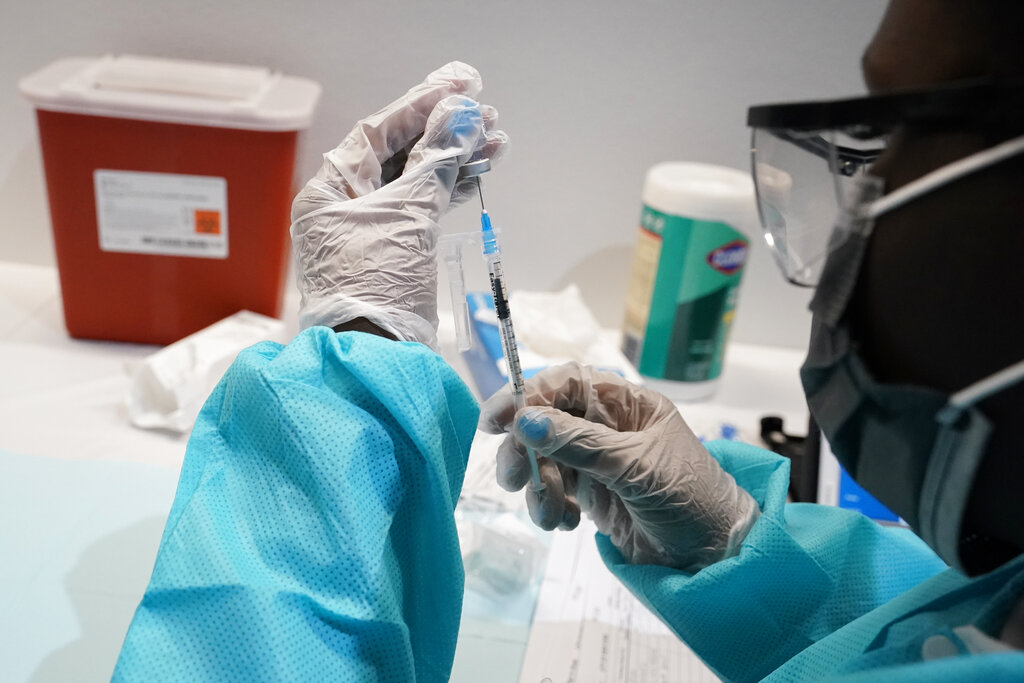Part 1: Federal mandates may have been illegal
As the latest wave of COVID infections builds, the argument against mandatory vaccines for military personnel and civilians alike is heating up. But researcher Brian Ward is highlighting what he calls a "liberating report" released in 1979 by the National Commission for the Protection of Human Subjects of Biomedical and Behavioral Research – and that report, he adds, is "significantly embedded in American society."
In an exclusive interview with American Family News, Ward – founder of CovidPenalty.com – refers to COVID-19 mandates over the last couple of years as "all the rage among America's elected authoritarian officials." He alleges those officials "have worked in tandem with their corporate siblings to strip citizens of their rights, incomes, and lives." He also admits being particularly "incensed" by the story earlier this year of U.S. Navy SEALS "being treated as if they were the enemy" for refusing to take the jab.
"The rush to punish Americans who disagreed with [those officials'] authoritarian style of government leaked over into corporate America; and those actions now require significant remedial actions," he argues. He adds he is very thankful to have courts "stepping in across the nation with great attempts to put an end to the abuse."
The Belmont Report
Regarding what he considers unethical injection mandates, Ward points to a little-known report called the The Belmont Report, which was created under the National Research Act, legislation passed by Congress in 1974. Summarizing the essence of that report, he explains: "Federal law requires the adherence to its ethical guidelines anytime a human is involved with medical products not approved by the FDA."
After devoting over 300 hours of research into the history and legal administration of investigational new drugs (INDs), Ward began to recognize the impact the Belmont Report could have on COVID-19 vaccine mandates – for civilians and military personnel alike. According to the researcher, that report obligates governments to create a legally approved environment before making COVID-19 investigational new drugs accessible to participants.
"That legal environment must ensure individuals are not under sanctions, coercion, and undue influence when agreeing to participate in an IND," he explains.
Ward notes that the government defines an IND as "a substance that has been tested in the laboratory and approved by the FDA to test in humans; also known as an experimental drug, investigational agent or an IND." He adds that all COVID-19 vaccines available to the American people are classified by the FDA as INDs and "operate under the watchful eye of the Belmont Report."
The Code of Federal Regulations
Ward points out the U.S. Department of Health and Human Services developed a body of regulations (45 CFR 46) from the Belmont Report to protect Americans from the "gross abuse of human rights by researchers." Those regulations require the adherence to the report's ethical guidelines for research activities covered under the policy and for all research activities exempted from the policy.
"[That means] there is nowhere an experimental product can go where it is not obligated to abide by the principles laid down in the Belmont Report," he summarizes.
The regulations stated in 45 CFR 46 also require authorities to obtain an individual's legally effective consent in advance anytime they are participating in an experimental use authorization (EUA) vaccine. "Mandates automatically nullify that effective consent because they apply outside pressure to participate," Ward adds.
The researcher admits he once thought 45 CFR 46 only applied to clinical research studies, but he discovered that was a "fallacy." The regulations apply to research activities that "add to the generalized knowledge of the medical product, which includes clinical studies but is not limited to that narrow definition," he explains.
In addition, 45 CFR 46 requires a statement to be provided to individuals that their "participation is voluntary [and] refusal to participate will involve no penalty or loss of benefits to which the subject is otherwise entitled."
No disciplinary action under the UCMJ
According to Ward, EUA products must be authorized by the U.S. Army's Surgeon General and Materiel Command Human Subjects Research Review Board (HSRRB). He explains those DoD components must abide by the Institutional Review Board Policies and Procedures Reflecting 2018 Common Rule Requirements for all EUA products, which in part requires strict adherence to The Belmont Report.
Continuing, Ward states the Department of Defense is obligated to ensure service members are not under threat of penalty for refusing the administration of an EUA product.
"In 2005," he points out, "the FDA informed the DoD that 'refusal may not be grounds for any disciplinary action under the Uniform Code of Military Justice, [and] refusal may not be grounds for any adverse personnel action.'"
Part 2 of this three-part series
Part 3 of this three-part series
DOD COVID-19 Regulations per CovidPenalty.com
Editor's note: In Part 2 of this series, Brian Ward alleges the Pentagon, Food and Drug Administration, and other agency heads have deceived the country about the interchangeability of vaccines.







